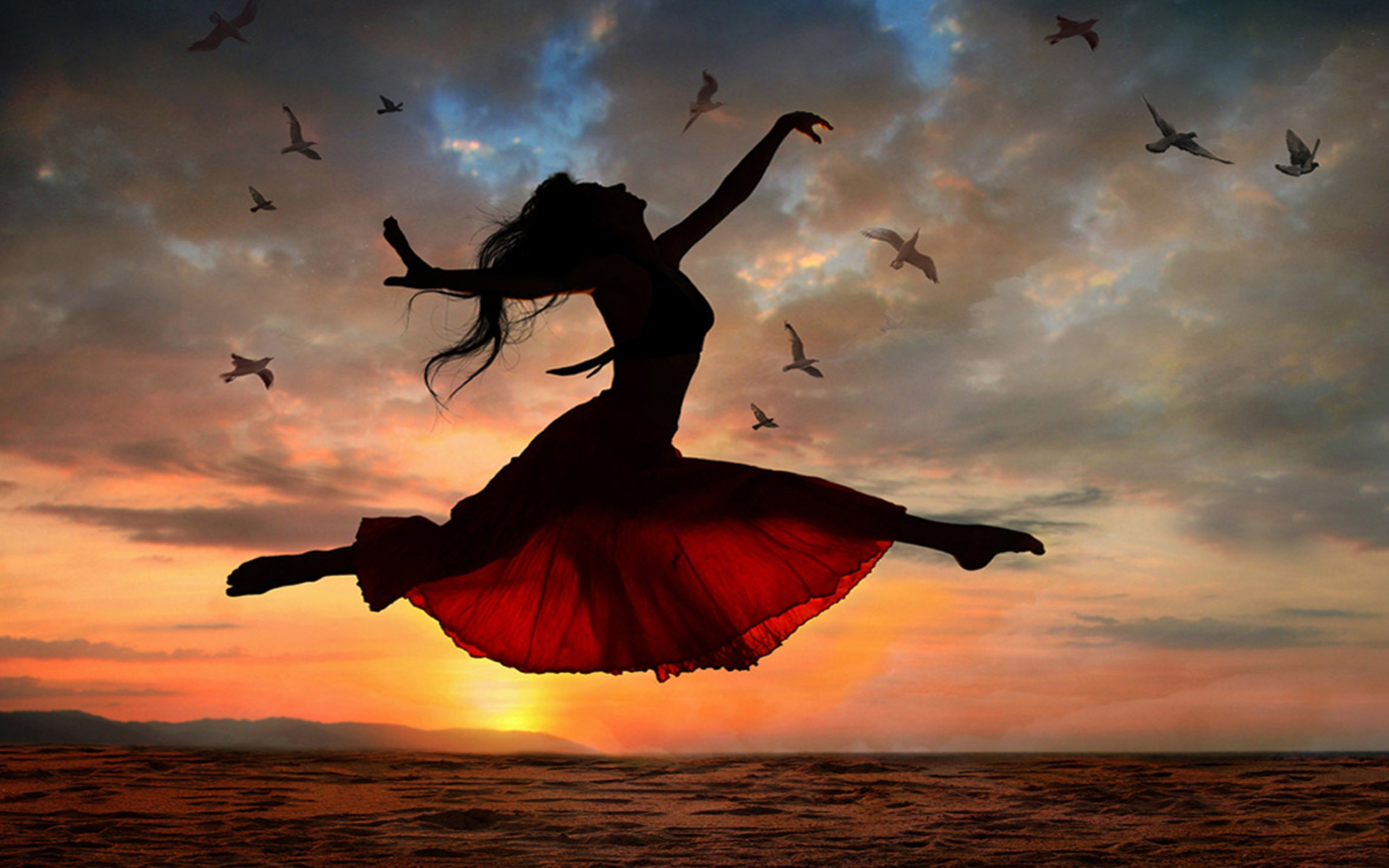
Music and Dancing
While music is indeed a form of expressing one’s feelings, almost as if it was a language, there is another language that came from music as it’s melodies and rythm made their way into the body. The human body reacts to these sounds and rythm, and moves.
History teaches us that dancing was used or performed for many different reasons, but we are lead to believe that at first, dancing was used as a tool to comunicate with other people, which makes perfect sense due to the fact that before any language was spoken, people had to comunicate in some way, and dancing was one of them. There is also the fact that today, people who have good dancing skills, are usually very comfortable in social gatherings.
Of course, besides comunicating, it also helps with bonding, as it’s usually tied to celebrations, rituals and many other positive ocasions. Dancing was a very important part of rituals for Egyptians, Africans and Indians which involved a deep understanding about what was going on, meaning that dancing was not just a little thing, it had meaning.

Another use of dancing was for rituals, more specifically healing rituals.
Dancing as a Job
In an interview from jobshadow.com with Ksyn Cason, a professional dancer, she gives some insight into the life of a person that lives from dancing.
What do you like about what you do?
There isn’t one specific thing that I like about what I do. All I can say is that I love it as a whole. I love performing, so definitely one thing would have to be when I am on stage in front of thousands of people. It gives me the ultimate rush. I also love the traveling. I have been all over the world, Europe, Africa, Australia, South America, Japan and still have so many places that I have yet to go. Lastly, I would have to say that I love what I do. It brings me joy to be able to tell people that I am actually living my dream. It is a blessing.
What is a common misconception people have about what you do?
A common misconception that people have about dancers would be that dance is a hobby and not an actual career. Just because it isn’t your everyday 9am – 5pm doesn’t mean that it is not a job. Our schedules are more like having a retail job. One day we can have rehearsals from 10am – 6pm and the next day be in rehearsal for 12 hours. The times when we are not getting paid to work we are training, so technically we are always working. We get paid just like a person with a “regular” job, just not every week or bi weekly (Most agencies/clients have payment time frames outlined in their contracts which can range from 30 – 90 days). It’s just annoying when people do no take what we do for being an actual job. However, it is not necessarily a job that everyone will be successful in. Few people people make it so that is one thing that you must always keep in mind.
Benefits of Dancing

Dancing can be a job or it can be something you do for fun, but whether it’s one or the other, there are a few benefits we can enjoy from it.
It’s important to say that dancing is very beneficial when it comes to your health as it helps preventing heart and blood vessel diseases, and it also improves posture, a healthy weight, reduces stress and tension and it’s an exercise for your brain as there is some coordination and rythm to follow.
This last benefit is also a very interesting part for musicians, because dancing can actually improve the way you make music or even enjoy it more. There is something about your body letting loose and feel in sync with the music, not just playing but enjoying as if you were both the performer and the audience. On stage in many genres, this is one of the best ways to communicate with the audience, just like history has shown us, dancing helps develop a stronger connection.
So even if you are not a good dancer or you feel like it’s just not your thing, try at least to let loose a little and just think about the music.
